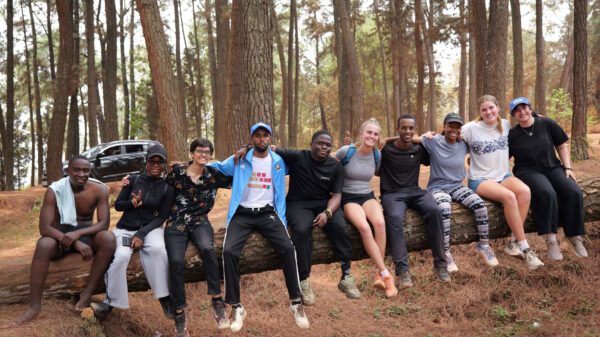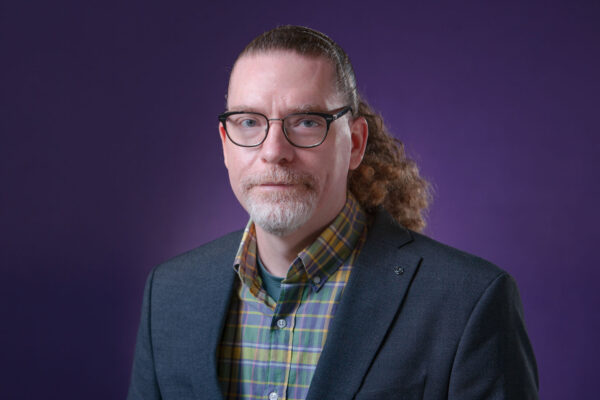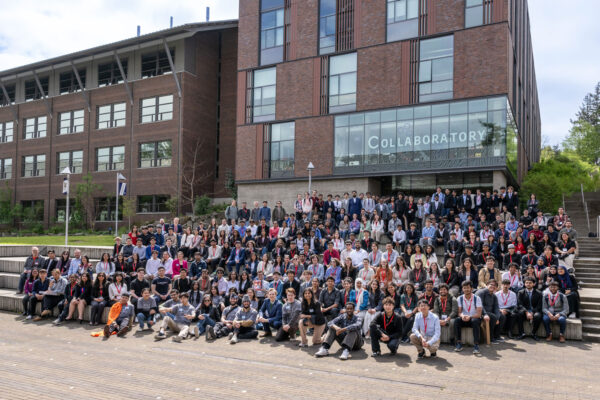How is work in the Writing & Communication Center at UW Bothell?
Erik Echols, assistant director, answers a few questions from Maria Lamarca Anderson, director of communications.
Q. How do you try to innovate?
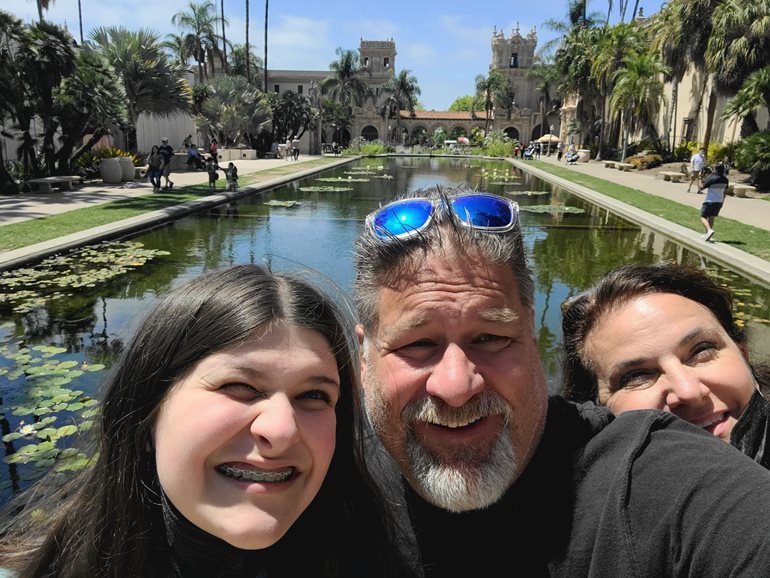
A. I will say that the last two years have been an exercise in iteration and agility. Late winter quarter 2020, we were directed to pivot our tutoring center’s modality (in-person collaboration and conferencing on campus) to virtual, discrete tutoring support for students, literally overnight. We had to bring along more than 50 student tutors who had varying technological knowledge and resources (my palms are getting sweaty just thinking about it). My strategy was to get something started and then evaluate and iterate as we go. I like to fiddle with things for what I hope are better systems and processes. We’re still evaluating and changing our online presence to best support students, our tutors and the campus.
Q. What is the core of your work?
A. Mentoring, teaching and working with students is what gets me through a 45-minute commute each morning. Especially the tutors I recruit, hire, train and work with until they graduate. I get to watch them grow and develop into the people they’ll be for their lifetime. I’m fortunate to support them in chasing their dreams, writing letters of recommendation and eventually celebrating with them when they get into that Ph.D. program or the job that starts their career.
Q. How do any or all of UW Bothell’s three strategic priorities fit into your work? How do you advance this part of our shared work within your unit or across campus?
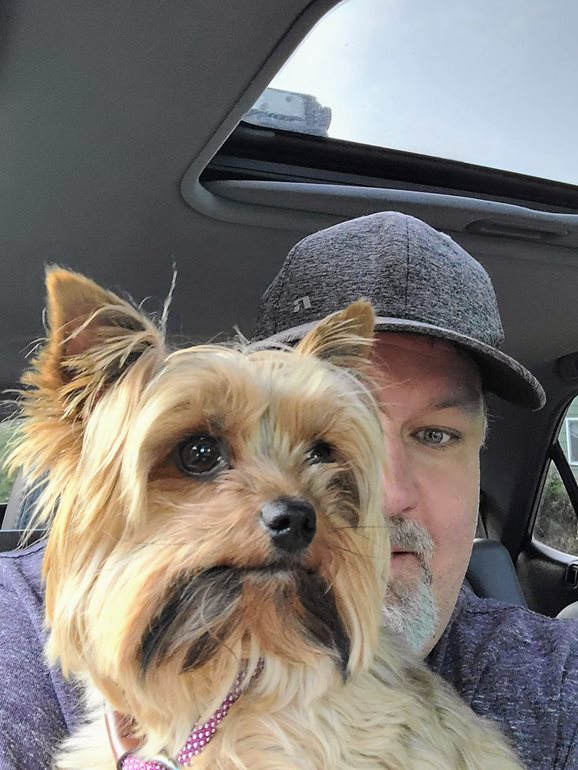
A. Strengthening diversity and equity is something we’ve been working on in the tutoring centers for quite a while. Our mission in the WaCC is to help students become stronger, more confident writers and communicators. To do this, we want everyone to feel comfortable both seeking help and comfortable in our space. We are aware that not all students feel comfortable in all academic spaces. This is why we work hard to help students feel at ease in our centers. We want all students to see themselves reflected in our staff and practices so they can focus on learning.
Q. What are you working on today?
A. Well … answering these questions. I’m also recording and editing a personal statement workshop for the pre-major Pathways Discovery and Engagement event that starts Jan. 24. It’s a series of virtual and in-person sessions designed to connect students with majors and co-curricular opportunities. Pre-major students will be applying for their major, and this workshop will help them craft their personal statement to accompany their application.
Q. How does who you are show up in your work?
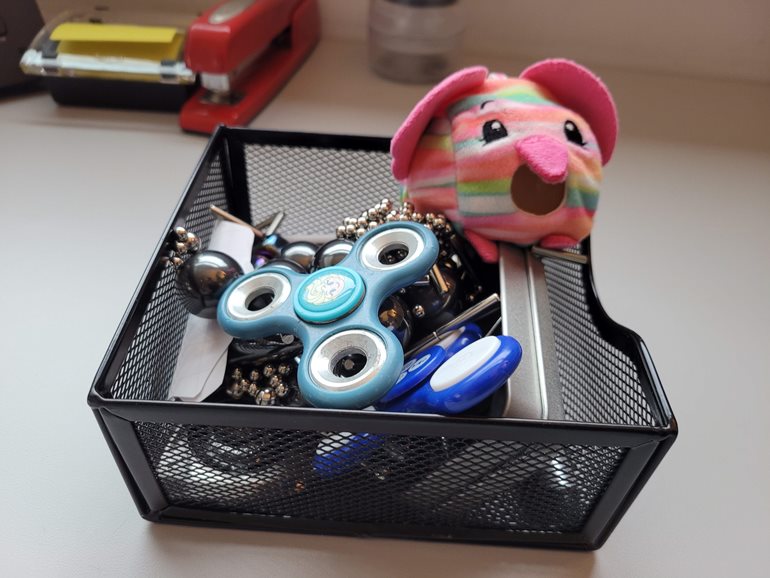
A. This is an excellent question — one I’m not sure how to find words for (and that’s what I do). I consider myself to be not-so-serious, even a bit silly. Luckily, I get to hang out with college students all day so I feel like that’s okay. I have a box of magnets, fidget spinners and toys on my desk for visitors to my office to play with as we chat. I like to think I’m approachable and engaging. You’ll have to ask the tutors if it’s true.
Q. Where is your favorite spot on campus, and why?
A. I wish it didn’t sound so trite. My favorite place is right where I work — the tutoring centers. Everyone is a like-minded learner/educator. We always have interesting things to talk about and smile at. I’m lucky that this is the environment that I get to set the tone for.
Q. What is your favorite thing about working at UW Bothell?
A. Our community.
